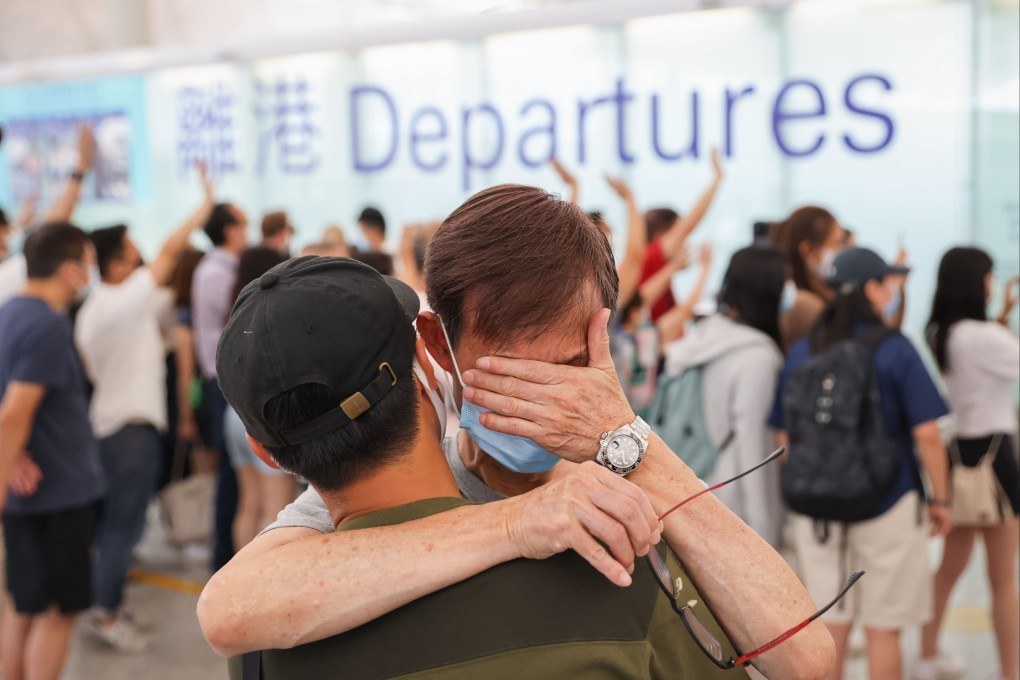Third of Hongkongers with BN(O) status considering UK move, 6 per cent are doing so, Oxford University survey finds
- Research reveals potential movers tend to be millennials or younger, well off financially and university educated
- Pensions withdrawal data shows increase in number of Hongkongers leaving the city for good

Half of the potential movers in the poll were younger than 40 and more likely to be wealthier – and university educated – than those planning to stay in Hong Kong, the study by Oxford University’s Migration Observatory found.
The think tank released its findings on Thursday after polling 1,000 Hongkongers with BN(O) status – which provides a pathway to British citizenship – between February and April this year.
More than 6 per cent had already applied to the BN(O) visa scheme or were about to do so, while a further 32 per cent were considering it. Factors making the visa attractive cited by respondents included work flexibility, being able to take relatives with them and the lack of an English language requirement.
Britain was the preferred option among Hongkongers who expressed an interest in leaving the city, with a third choosing the country as their top destination. Taiwan was the second most popular, followed by Australia and Canada.
An estimated 5.4 million of Hong Kong’s 7.5 million people are eligible for the scheme, which allows successful applicants and their dependents to live, work and study in the UK for up to five years. They can then apply for citizenship after six years.